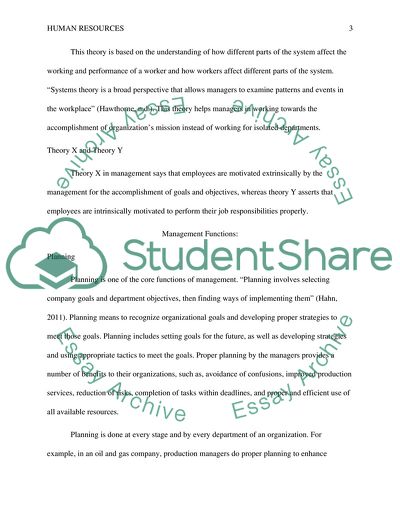Cite this document
(Basic Management Skills Essay Example | Topics and Well Written Essays - 1500 words, n.d.)
Basic Management Skills Essay Example | Topics and Well Written Essays - 1500 words. https://studentshare.org/human-resources/1853326-basic-management-skills
Basic Management Skills Essay Example | Topics and Well Written Essays - 1500 words. https://studentshare.org/human-resources/1853326-basic-management-skills
(Basic Management Skills Essay Example | Topics and Well Written Essays - 1500 Words)
Basic Management Skills Essay Example | Topics and Well Written Essays - 1500 Words. https://studentshare.org/human-resources/1853326-basic-management-skills.
Basic Management Skills Essay Example | Topics and Well Written Essays - 1500 Words. https://studentshare.org/human-resources/1853326-basic-management-skills.
“Basic Management Skills Essay Example | Topics and Well Written Essays - 1500 Words”. https://studentshare.org/human-resources/1853326-basic-management-skills.


